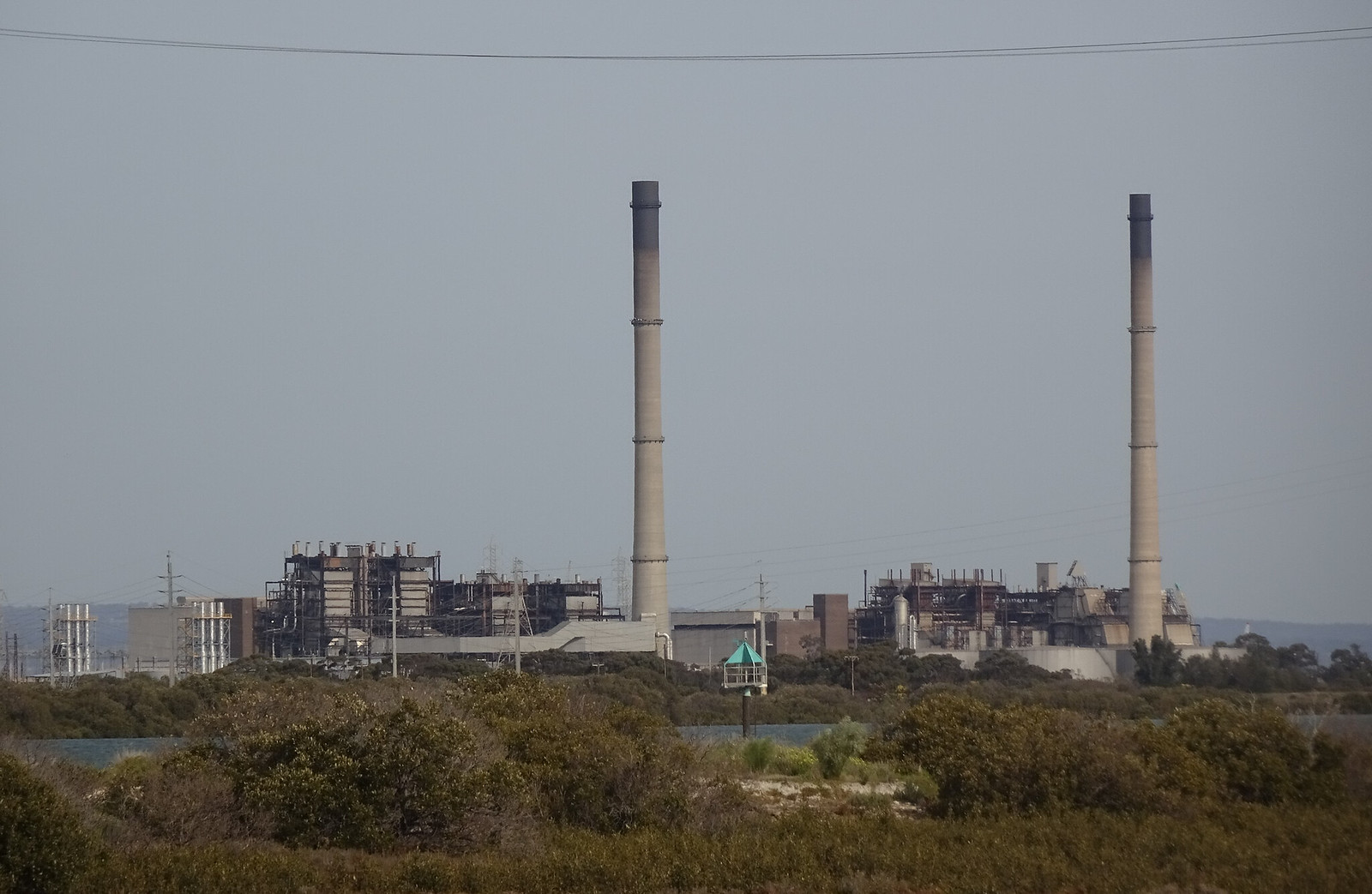South Korea To Use Hydrogen To Clean Up Petrochemical Production

A South Korean chemicals manufacturer, LG Chem, has said it will establish a plant to produce 50,000 tonnes of hydrogen per year in Daesan, South Korea. Hydrogen Industry Leaders looks at how this plant will support the clean-up of petrochemical production.
The new plant is planned to produce hydrogen by converting methane through a chemical reaction under high-temperature steam for naphtha cracking.
Widely used in the petrochemical industry, naphtha cracking is a process used to produce ethylene, propylene, and butadiene. Methane is used as a fuel in the process.
LG Chem has said that the use of hydrogen from the new plant could reduce carbon emissions by 140,000 tonnes annually, with the company considering further hydrogen production plants in the future.
As part of the company’s strategy to increase renewable energy usage by 70 per cent by 2025, the hydrogen production plan is essential.
Head of Petrochemical Business at LG Chem, Noh Kug-lae, said: “The establishment of our hydrogen plant and CO2 circulation system is an effort to create a sustainable future for our petrochemical business by achieving carbon neutrality. Hydrogen will allow us to convert our petrochemical pyrolysis to a more sustainable low-carbon process.”

